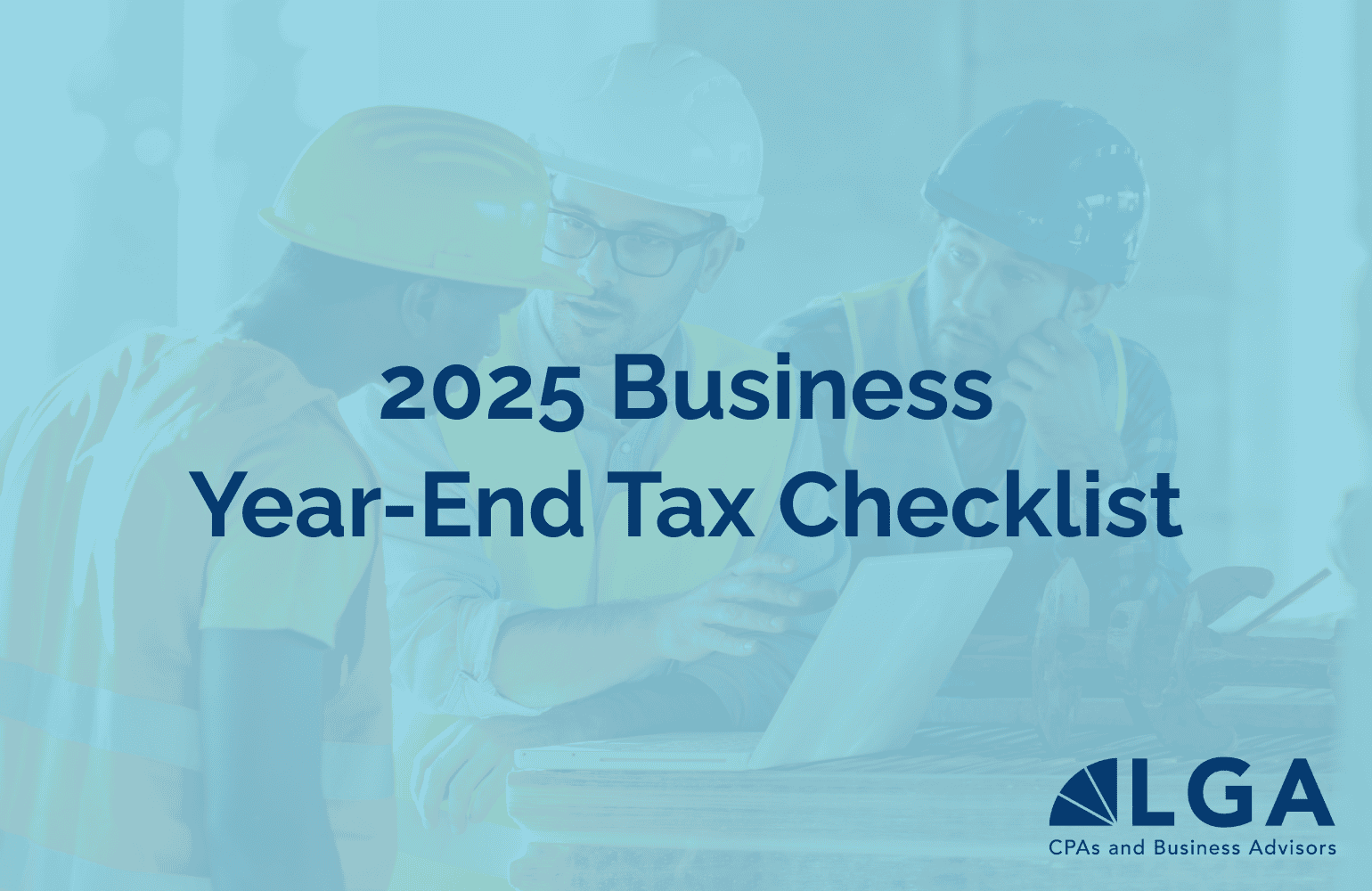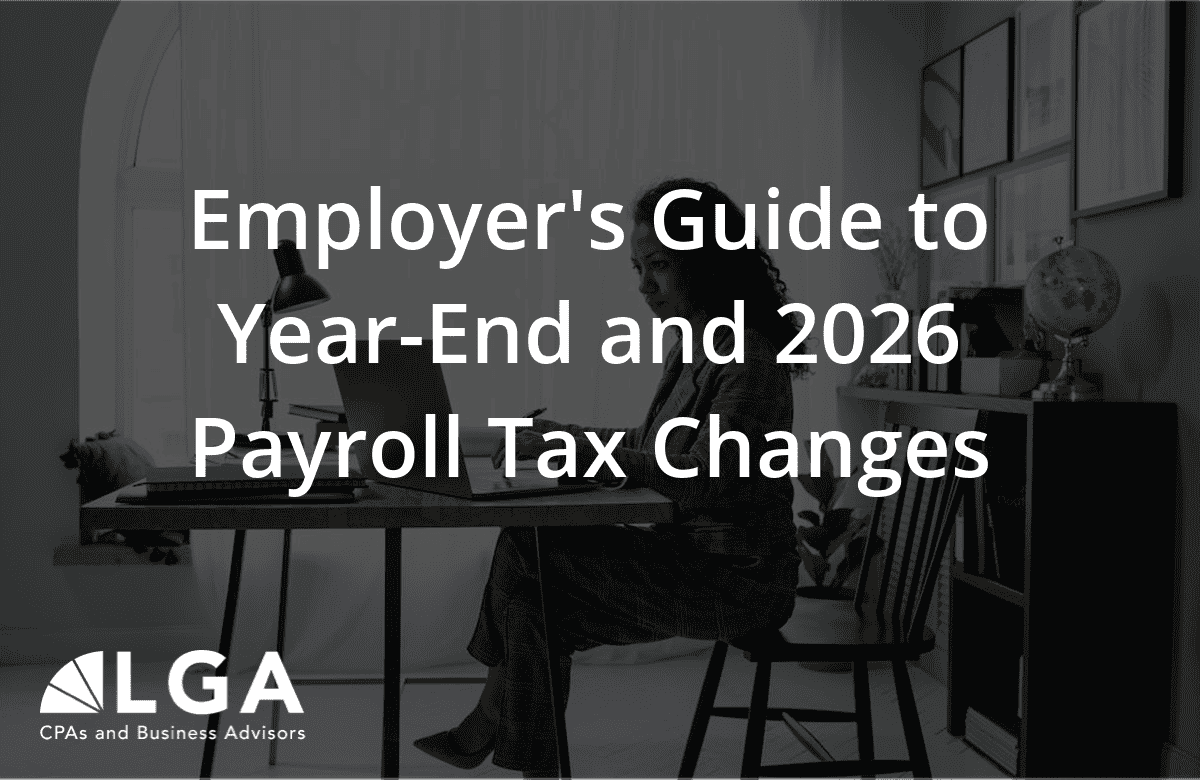
When executed correctly, like-kind exchanges have the potential to save property owners millions of dollars in capital gains taxes. This strategic approach allows you to sell one investment property and use the proceeds to acquire a similar property while deferring capital gains taxes indefinitely. By taking advantage of this strategy, real estate investors can retain a larger portion of their proceeds, reinvest them in more profitable properties, and drive their growth and profitability.
Like-kind exchanges, also known as 1031 exchanges, are intricate arrangements that require a thorough understanding of all the rules and restrictions before initiating the sale of an investment property. Failing to execute a like-kind exchange accurately may result in an unexpected capital gains tax bill amounting to six or seven figures.
Here are four key considerations for a successful like-kind exchange:
1. Assemble a qualified team.
If you plan to utilize a like-kind exchange in the near future, it is essential to start the planning process early and ensure you have the right team in place. Typically, executing a like-kind exchange involves at least three parties: your CPA, your attorney, and a qualified intermediary.
Your CPA can assist in the planning process by helping you determine if a like-kind exchange is the appropriate method to dispose of your current property. They can prepare projections to estimate your capital gains tax liability upon sale and help you understand the options for purchasing replacement properties.
Once you decide to proceed with a like-kind exchange, your attorney will oversee the legal aspects of the sale of the relinquished property and the purchase of the replacement property. The qualified intermediary plays a crucial role in effectuating the transaction by holding the funds from the sale of the relinquished property and utilizing them to finance the purchase of the replacement property, thereby preventing direct access to the funds. Additionally, a 1031 qualified intermediary documents the transactions.
2. There are very specific rules that have to be followed.
Your team of advisors will guide you through the detailed requirements to ensure compliance with eligible like-kind exchanges according to the IRS. Some key requirements include:
- Both properties must be used for business or investment purposes. Primary residences and vacation homes primarily used for personal purposes are not eligible for a like-kind exchange.
- Both properties must be located in the United States.
- Both properties must be considered “like-kind,” as defined by the IRS as “property of the same nature, character, or class.” This definition is relatively broad, allowing for exchanges between different types of properties or properties used for different purposes. For example, an exchange between an apartment building and a commercial building would meet the IRS’s standard.
- Capital gains taxes are deferred only through a like-kind exchange. Investors can potentially upgrade from one property to another using a series of like-kind exchanges, continuously deferring capital gains taxes. However, they must work with their CPA to track the basis of each new property. If they eventually sell their last property and retain the proceeds, capital gains taxes will be owed based on the adjusted basis.
3. There’s a ticking clock.
There are two critical timeframes to meet when utilizing a like-kind exchange. From the date of finalizing the sale of the relinquished property, you have 45 days to identify potential replacement properties, document the identified properties, and submit the signed document to your qualified intermediary. You have a total of 180 days from the date of the property sale to purchase the replacement property and complete the exchange. Strategically timing the sale of the initial property is crucial to avoid settling for a less favorable replacement due to impending deadlines.
4. Partnership issues can be complicated but not impossible.
Partnership issues can add complexity to like-kind exchanges, but they are not insurmountable. In situations where multiple parties co-own a property and have different preferences regarding a like-kind exchange or cashing out, a method called “drop and swap” can be employed with the assistance of a CPA and attorney. This method allows for the separation of the parties interests, enabling partners who wish to sell and cash out to do so while allowing the partner interested in a like-kind exchange to roll their portion of the proceeds into a replacement property.
Would doing a like-kind exchange further your investment real estate goals?
LGA’s tax team has extensive experience guiding clients through like-kind exchanges. We’re well-versed in the complexities of these kinds of transactions, so we can help you anticipate any challenges and maximize any available opportunities. If you’re considering selling an investment property and wondering whether a like-kind exchange is viable, calling your CPA is the first step. Contact me today with any questions.






